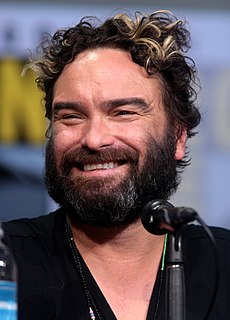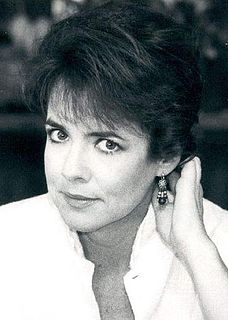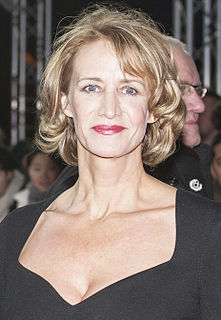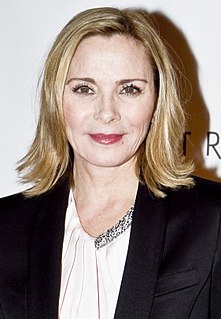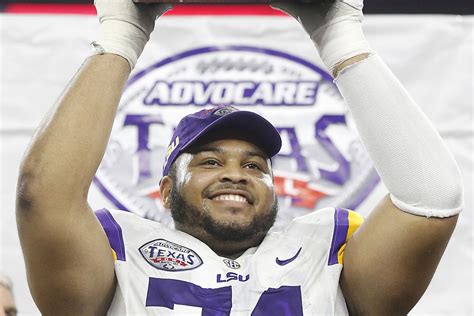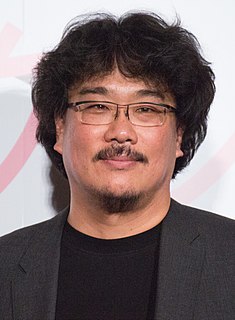A Quote by Johnny Galecki
In a series, you really need to stay open-minded. It's not like a play or a film, where you can create and fully commit to your character's back-story.
Related Quotes
For me it's a dedication to your real interests. It's an ability to be open-minded. Without an open-minded mind, you can never be a great success. The great artists have been open-minded, even though they may seem, like Picasso, to be very directed, you can be directed and open-minded at the same time. I think you have to be really intensely serious about your work, but not so serious that you can't see the lightness that may also involve your life. You have to have that lightness too. You have to not be so heavy-handed and so ostentatious. It's very important not to be.
What drew me to Batman in the first place was Bruce Wayne's story, and that he's a real character whose story begins in childhood. He's not a fully formed character like James Bond, so what we're doing is following the journey of this guy from a child who goes through this horrible experience of becoming this extraordinary character. That, for me, became a three-part story. And obviously the third part becomes the ending of the guy's story.
I needed to create some dramatic tension to sustain the interest of the audience. For instance, the boy in the film is not in the play, so this relationship that he had with the former teacher, and his guilt, this is not at all in the play. I thought it would be interesting to look at in the film, and I added stuff like that around the main character. For me, it was not more difficult or less difficult.
I think I fully commit myself to any role to the extent to which I can. In other words there's some roles that maybe it's just not there, in other words on the page. You know, I mean your job is you need to play the governor and that's what you do. I mean I'm not going to stay up all night if I'm playing a functional role. And I've played a couple of functional roles. And so I'm not going to do anything other, look he's a functional guy. He says hey mister, you forgot your hat.
He seemed very calm. He was controlling of the offense, making call and checks and things like that. But things happen and we have to readjust and come back stronger every series and at times we failed to do that as an offense. But we need to improve on that. It's something we need to learn from and the type of guys we have on this team, the character, I see us really improving from this.
Animation story boarding works differently than live action story boarding. The story crew along with a writer really does shape and create the film - the world and it's characters. We meet almost every day and brainstorm the plot of the film. It's a highly collaborative process - and we continue to improve the story until we literally run out of time.
